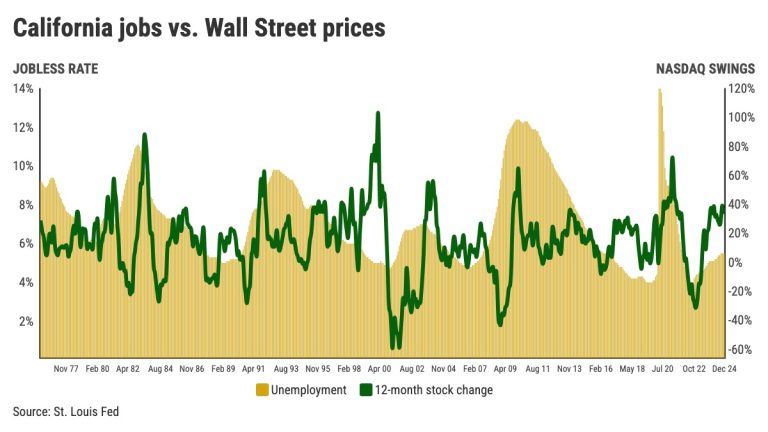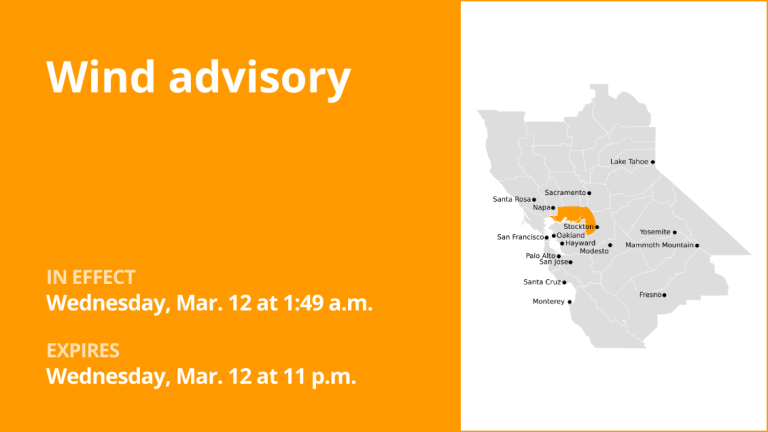Editor’s Note: This article was written for Mosaic, an independent journalism training program for high school students who report and photograph stories under the guidance of professional journalists.
TikTok’s potential ban feels all too familiar to Sudi Roudi, a San Jose small business owner.
The United States ban on TikTok, while temporary, raised fears of broader censorship, as practiced by Iran, where she grew up.
Rather than wait for the threatened ban to take place, Roudi prepared by directing her 22,300 TikTok followers to her business website and link to her other social media.
“I’m, like, wait, I literally ran away from this,” Roudi said about her reaction to the proposed ban. “I’m just very scared because I see all the little stuff that Iran had 30 years ago when everything was free. Slowly, things changed.”
According to a 2023 study from TikTok and Oxford Economics on the value of the app, 890,000 small businesses in California use TikTok, and 40% call the platform “critical” to their business.
Just ahead of the scheduled shutdown on the evening of Jan. 18, TikTok’s site was inaccessible in the U.S. A message on the home page read, “Sorry, TikTok is unavailable right now.” However, after less than a day, the app was back in action, and a new message credited President Donald Trump with pausing the ban for 75 days.
For small business owners, a ban could affect how they make a living, grow their clientele and keep side hustles afloat. But some owners aren’t very worried.
Viviana Estrada began designing her own nails in 2023, and soon expanded her work to her family members’ and close friends’ nails.
Estrada, a senior in finance at Santa Clara University, said she doesn’t want the nail business to be her main source of income, so she only posts on Instagram when she chooses to promote her designs.
“I was thinking about using TikTok, but I felt weird about posting public things,” she said.
But other small businesses risk losing needed support from their followers, Estrada said. “Creators gain partnerships and sponsorships from TikTok,” she said. “Small businesses can gain and lose — the reaction is quick.”
On a corner of Post Street in downtown San Jose, a small shop brightly colored with pink and orange walls displays feminine drawings, candles shaped like cakes and trinkets. This is where Roudi, 33, and two other women artists run Cub ‘n Cony.
Because her art includes drawings of naked women, she said she would never have been able to make her art in Iran.
“If I were to draw my pin-ups, because the government rule is Islamic and women are not supposed to show anything, that would be a jail offense for me,” she said.
After business slowed on her Etsy art site, Roudi built her TikTok presence and saw a significant growth in clientele. Along with her online presence and physical store in San Jose, Roudi posts weekly videos, such as displaying the process of her art-making or showing how she ships packages.
Related Articles
Coyote Creek cleanup draws San Jose teen volunteers
South Bay high school students pitch in for LA fire relief
Performers shower Lunar New Year festivities with color, song at Santana Row
TikTok’s teen users ponder what’s next for the app
Young dancers connect with Polynesian roots before Warriors game
“It was like one of the only platforms I remember in 2021 and 2022 where there was growth,” she said. “It helped me be able to connect with the customers out here.”
TikTok’s study is consistent with Roudi’s experience of how her business grew. The study found that 56% of California TikTok users bought products that they saw on the app and 33% physically visited the small business after watching a video from the maker.
However, Roudi said she has seen a small decline in sales recently, which she attributes to TikTok’s algorithms that highlight viral trends. Roudi said she now relies more on Instagram.
Jennifer Sarellano, 17, said Instagram drives her crochet business. The John F. Kennedy High School student runs her business from her home in Fremont.
“I had local connections through church and school that I could sell to,” Sarellano said. “Instagram helped me with sales that were more distant.”
When asked how she felt about TikTok, Sarellano said other apps are simpler.
“I don’t really care about the ban,” she said. “I didn’t try TikTok because it was time-consuming to make videos.”
Small business owners like Sarellano and Roudi realize they have options.
Roudi said having other social media apps provides a buffer. “I feel like everything is kind of going back to blogging, because all the social media algorithms suck or they go away or they get banned.”
Autumn Alvarez is majoring in journalism at San Francisco State University.












